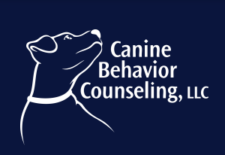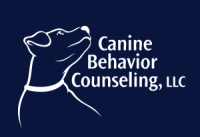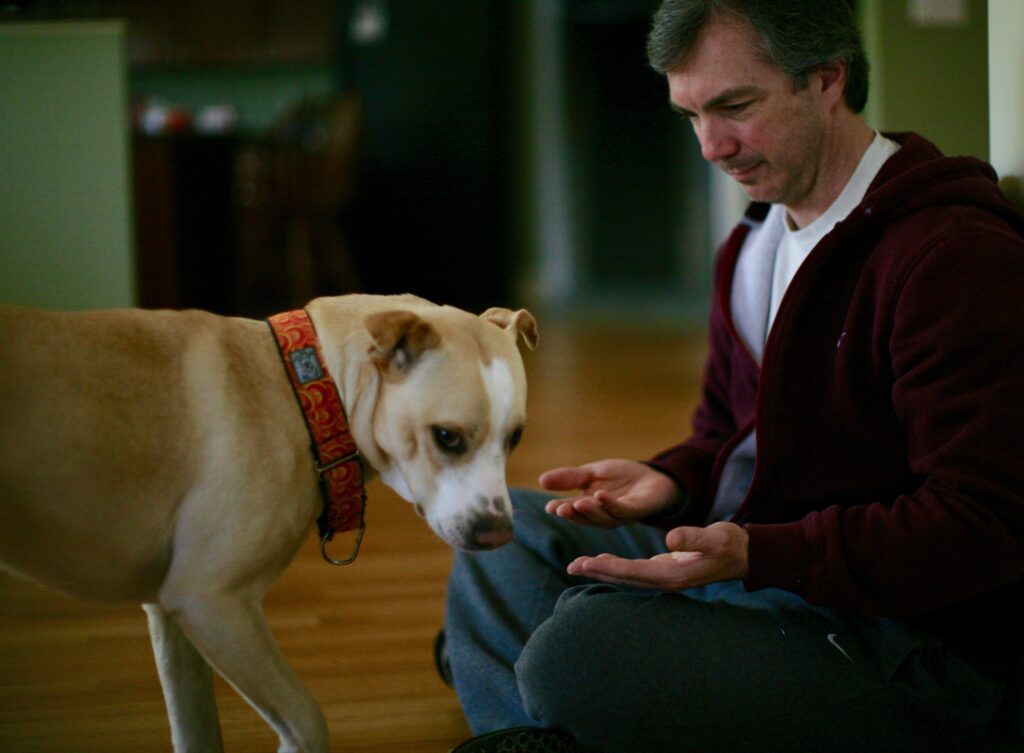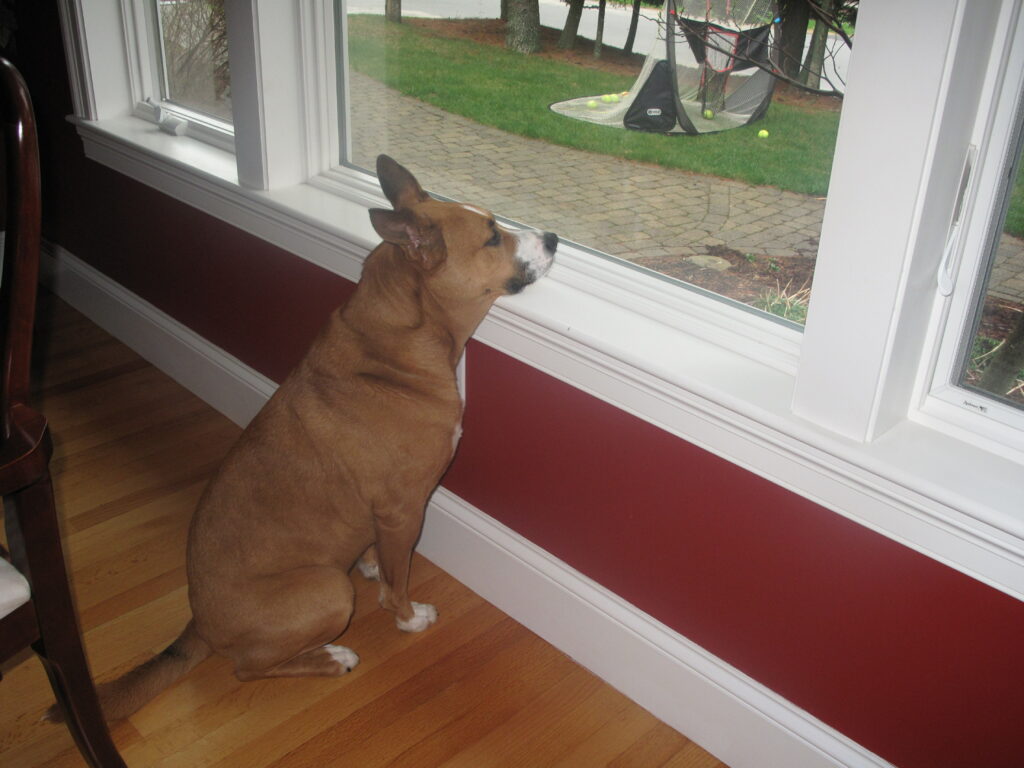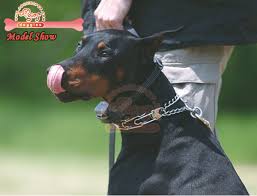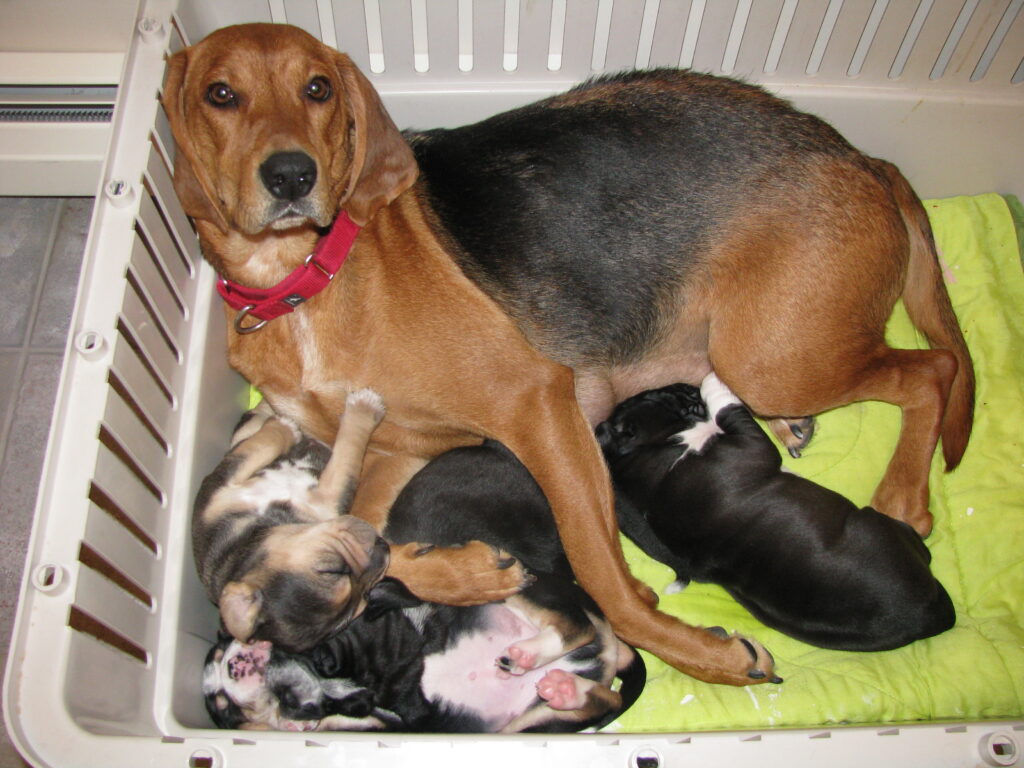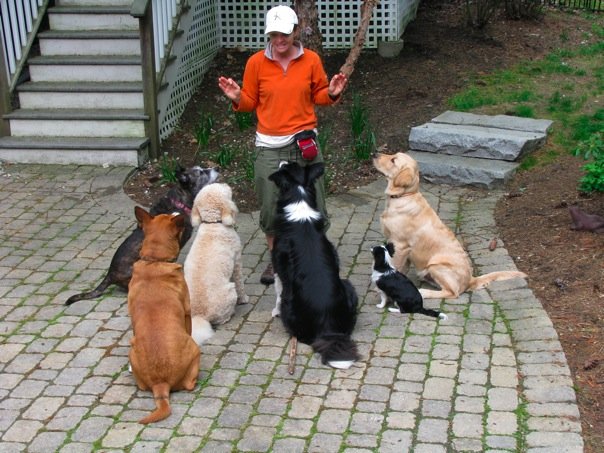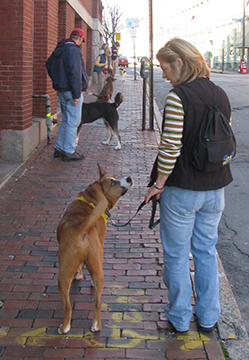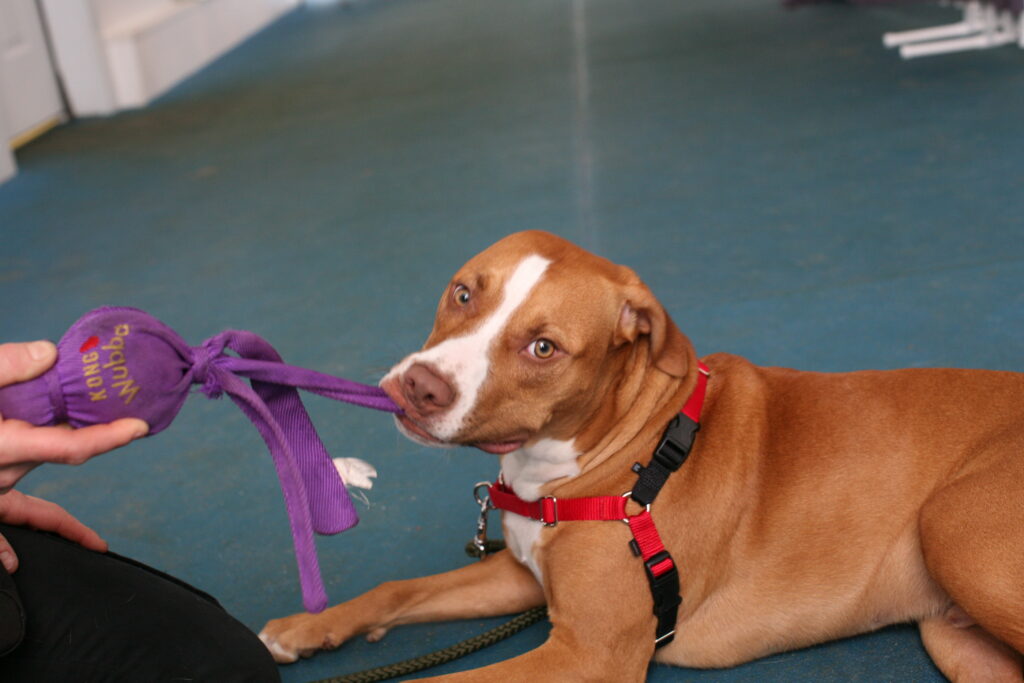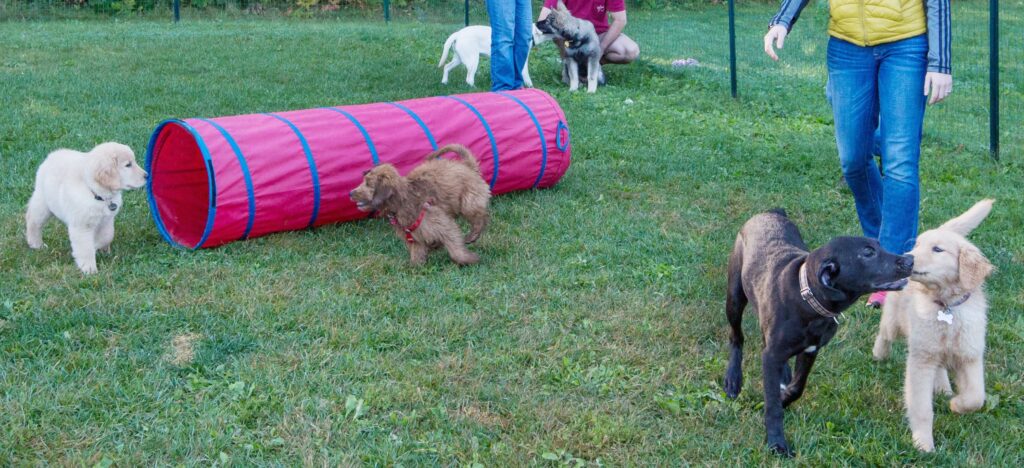Not all Dogs Want to be Social
I continually see the need for more education in cases of dog aggression towards humans. For some reason, when a dog growls at a human, the human’s response is to yell, hold them down or force it into confinement. Many clients admit this scolding has caused an increase in stress when the dog is near unfamiliar people.
Not all Dogs Want to be Social Read More »
